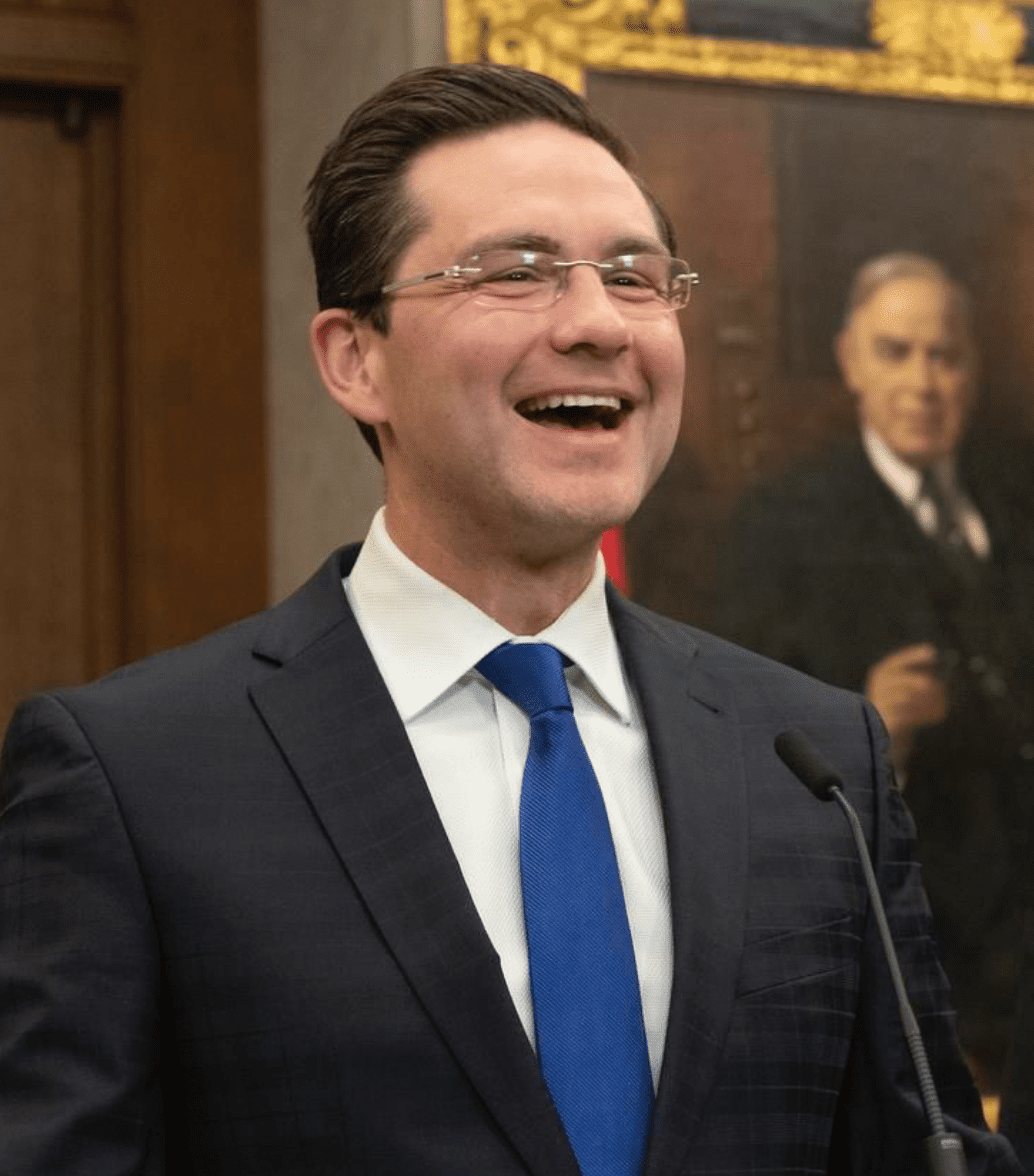This content is restricted to subscribers

The views, opinions and positions expressed by columnists and contributors are the author’s alone. They do not inherently or expressly reflect the views, opinions and/or positions of our publication.

This content is restricted to subscribers
The views, opinions and positions expressed by columnists and contributors are the author’s alone. They do not inherently or expressly reflect the views, opinions and/or positions of our publication.

It's tough being a municipal councillor anywhere in Canada. But it's getting downright impossible in Alberta.
This week Rural Municipalities Alberta revealed oil and gas companies owe $173 million in unpaid property taxes, according to a survey of small town councils.
"If Alberta's property tax system is not amended to prevent oil and gas companies from refusing to pay property taxes, many rural municipalities will struggle to remain viable," Al Kemmere, president of the rural municipality association, said in a statement.
The province controls property tax on oil and gas facilities, not municipalities. Kemmere wants legislative clout to force the companies to pay their debts.
Some companies have gone out of business and municipalities are at the bottom of the creditor heap in bankruptcy decisions. And many of the companies involved are pumping the last drops out of diminishing assets. They want a rejigging of how their property is assessed for tax purposes.
There is no legislation relief coming from Premier Jason Kenney.
He says the municipalities can take legal action to get their taxes. But added he didn't think that would help much.
"They simply don't have the cash, in some cases, to pay these property taxes, and if these businesses go under there's no revenue stream from taxation going to these municipalities.
"You can't wring money from a stone," said the premier.
Heaven forbid the sector should be required to live up to its obligations to the actual owners of the province's oil and gas resources.
As always the premier is relying on an industry comeback to solve the problem. "The bottom line is we've got to get those companies in a positive cash flow so they can pay their tax bills."
This is just the latest irritation for beleaguered municipalities.
Towns with less than 5,000 residents and rural districts, encompassing about 20 per cent of the provincial population, used to have their policing costs fully covered by the provincial government.
But now the province has started downloading those costs requiring them to pay 10 per cent of total policing costs starting this year and escalating it to 30 per cent by 2023.
The Globe and Mail took a look at the County of Vulcan, southeast of Calgary, and found that the additional cost of policing will be $31 per capita this year, rising to $93 per capita in 2023.
And Vulcan absorbed $4 million in bad debt in 2019.
It's not just the little municipalities struggling in Alberta.
The big city mayors have been vocal in their disappointment with the current provincial government as budget tightening and policy changes chip away at big-ticket projects and leave Edmonton and Calgary councils scrambling to recalibrate budgets and plans.
The UCP has scrapped most of the provisions of the big-city charters for Calgary and Edmonton and is showing signs of further eroding the cities' autonomy. A proposal floating around at the "fair deal" panel roadshow on Alberta's place in confederation would prevent the cities from entering into funding agreements with the federal government without provincial approval, a move that has raised the ire of Calgary Mayor Naheed Nenshi.
"That would leave hundreds of millions or billions of dollars on the table. It would lead to enormous administrative inefficiencies and huge red tape, so certainly there are things in there that could actually hurt Calgary," he said.
The province has reduced infrastructure and transit funding to municipalities as well.
In light of that pullback, Edmonton's council recently put on ice plans for a long-awaited major recreational complex for the city's west end. City mayor Don Iveson is laying that decision directly at the door of provincial belt tightening.
Even though they may be the victims of decisions way beyond their control, municipal councillors are the most visible culprits for escalating property tax bills or further delay on longed-for infrastructure projects.
And that is making the job of municipal councillor a particularly thankless task in Alberta at the moment.
The views, opinions and positions expressed by columnists and contributors are the author’s alone. They do not inherently or expressly reflect the views, opinions and/or positions of our publication.